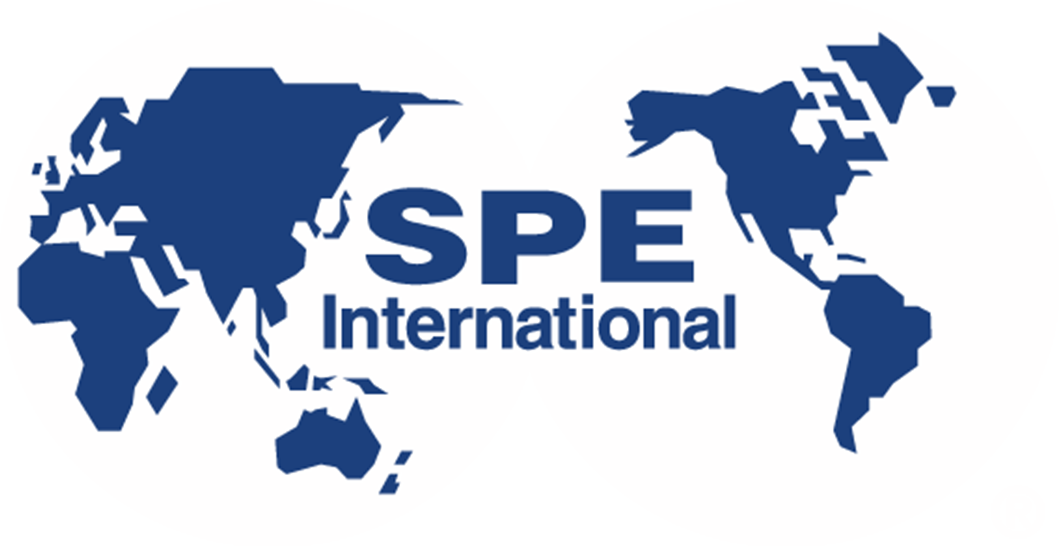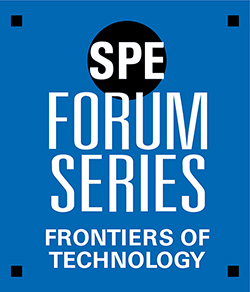The rapid advancements in Artificial intelligence (AI) are poised to transform entire occupations and industries, changing the way work will be done in the future. Within the E&P industry changes will be not only be within the nature of work performed but also the skills required to complete the types of tasks performed.
Technology has long brought change to the nature of work related to the exploration, drilling, characterization, production from, and storage within the sub-surface reservoirs/resources. Productivity has steadily increased due to various types of software, drastic improvements in hardware performance, communications infrastructure, data acquisition / processing / storage, and finally, automation of certain processes. Within this framework, our tasks have steadily concentrated on analyses, interpretation, perception development, problem solving, decision support and decision making. However, the tasks that can be done by machine learning are much broader in scope than what previous generations of technology have made possible. For this reason, it is imperative to understand the extent and nature of the changes so that we can prepare today for the work of tomorrow.

Image credit - Getty Images.
The forum will address the thought-provoking concepts of the future and discuss the aspirational impact of further improvements of the software and hardware technologies on the engineering and geoscience workforce. The underlying questions will be:
Which tasks do we envision to be remaining by the year 2030?
What do we teach when all the book knowledge can be accessed through AI?
What will be the value of tacit knowledge if it can be acquired by AI?
How would AI accelerate the Energy Transition (CCUS, thermal, hydrogen, etc.)
ℹ️ A written summary will be prepared and distributed to participants after the forum at the discretion of the steering committee and SPE approval.

